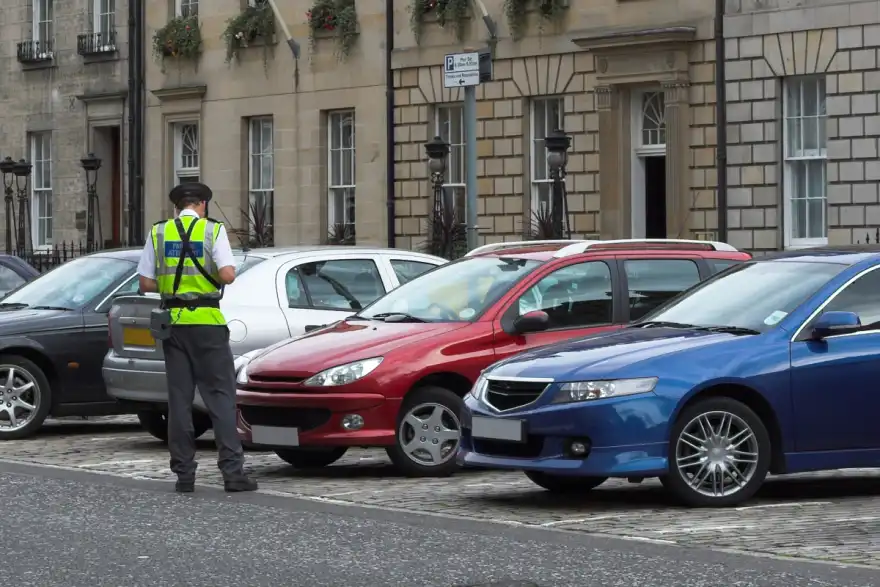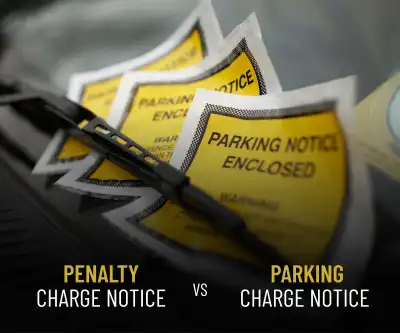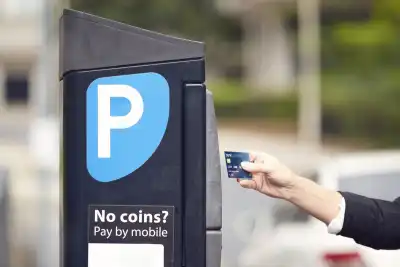
Private car parks are gearing up to change their rules, giving drivers more time to pay for parking after one motorist faced nearly £2,000 in fines.
Right now, many car parks follow the so-called "five-minute payment rule." This means if you don’t pay for parking immediately after arriving, you could end up with a hefty fine.
But that’s set to change. The British Parking Association (BPA) is speeding up updates to its Code of Practice, aiming to keep up with tech advancements and better protect drivers. These updates will kick in by February 2025 and be monitored by a new Scrutiny and Advice Panel made up of parking insiders and independent members.
While the exact changes haven’t been confirmed, sources told Auto Express the new rules might ditch strict timing requirements for payments. Instead, the focus will shift to ensuring drivers pay the correct amount.
BPA Chief Executive Andrew Pester called the reforms “an important step in delivering consistency to the oversight of the private parking Sector Single Code of Practice. We want to demonstrate that not only are we serious about raising standards, but also making decisive changes to the code when issues arise.”
The push for change follows a high-profile incident in 2024 when parking firm Excel Park took several drivers to court. One of them, Rosey Hudson, was hit with nearly £2,000 in fines after struggling to get phone reception at a Derby car park. She waited until she left the lot to pay, but that didn’t stop the fines from piling up.
Although the charges were eventually dropped, the case caused public outcry. Labour MP Catherine Atkinson dubbed it the “five-minute rip-off charge.” It also highlighted growing frustration with private parking operators. A study by the RAC last year estimated that private car parks issue a staggering 35,000 penalty charge notices (PCNs) daily, with the roadside assistance group accusing them of “extorting money from drivers.”
The BPA’s Single Code of Practice, launched last year alongside the International Parking Association, is now under review. But despite calls from the RAC and others to reduce the current £100 cap on PCNs, the BPA isn’t budging. A spokesperson told Auto Express, “We will not be considering lowering the maximum Parking Charge. We strongly believe that a suitable deterrent is required to stop people from breaking parking rules.”
Expect these changes to be a hot topic as the BPA finalises its reforms. For drivers, it’s a step toward fairer treatment, but the debate over penalties is far from over.




